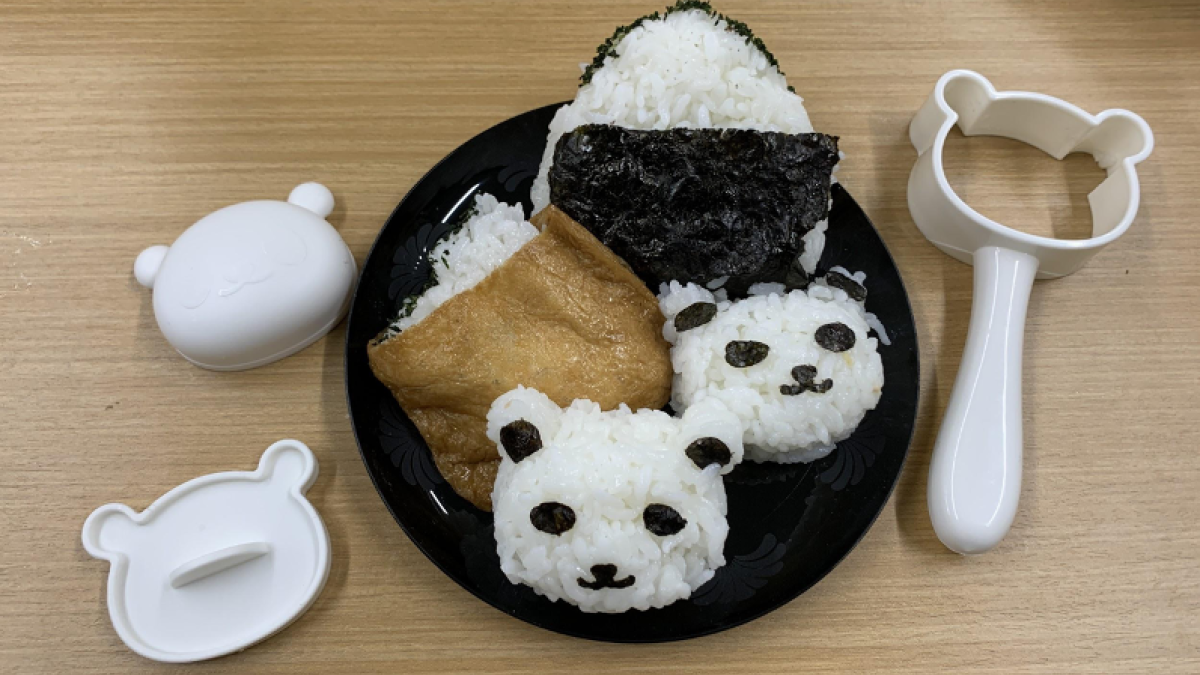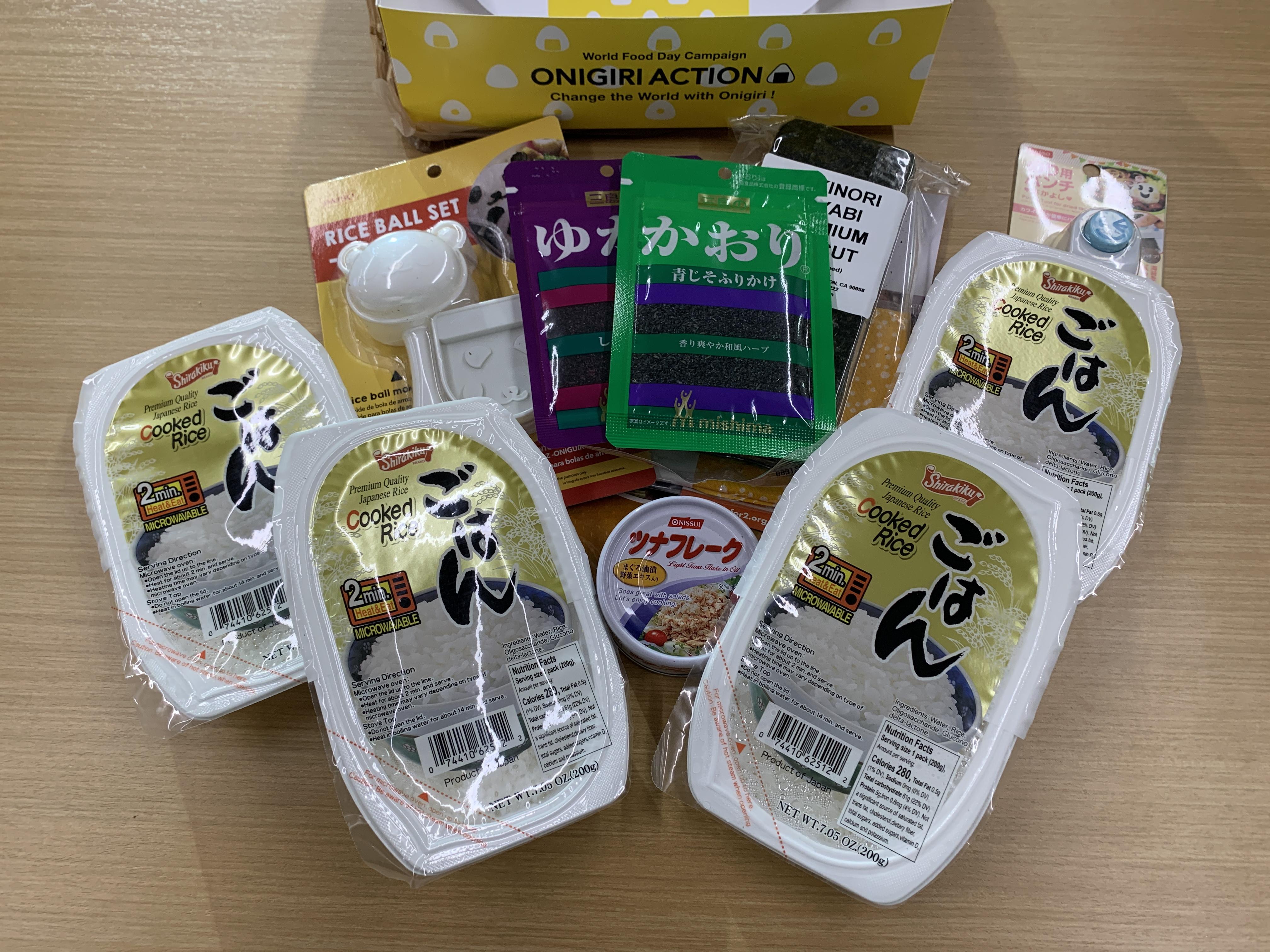Onigiri workshop returns to teach Japanese culture to ASU students

The ASU students made onigiri (Japanese rice balls).
For the second consecutive year, the nonprofit organization Table for Two visited Arizona State University and hosted a workshop focused on making a Japanese staple food, onigiri (rice balls), and promoting awareness of global food imbalances, hunger and health issues.
The workshop, called Onigiri Action, was organized and hosted by ASU Japanese Lecturer Kumiko Hirano Gahan and involved over 25 ASU students of Japanese language and culture, who gathered on the Tempe campus late last semester to learn about social issues and make some tasty food.
According to Mayumi Uejima-Carr, president of Table for Two USA, Table for Two is a nonprofit organization that focuses on food education and providing meals to children around the world.
The program Onigiri Action meets five of the UN’s 17 Sustainable Development Goals, which include eliminating poverty and hunger, improving education and reducing inequality. For World Food Day, Table for Two hosted a variety of events to promote these issues throughout the month. For example, for every creative piece of onigiri posted on social media with the hashtag #OnigiriAction, the organization donated five meals to children in need.
This workshop taught the participants about making informed decisions about nutrition and how to make healthy foods quickly and easily. Onigiri, the focus of the workshop, are Japanese balls made with rice, seaweed and a variety of fillings ranging from tuna and mayonnaise to pickled plum (umeboshi).
“We chose onigiri as the symbol of the campaign because it’s the symbol of love and care in Japan," Gahan said. "Onigiri is something you can make with your own hands and many Japanese people have memories around making onigiri. (It's) very comforting and warm-feeling food. Onigiri is one of Japan’s oldest foods, so it’s deeply rooted in the history of Japan’s food culture. Rice is available in almost any country so onigiri is something anyone can easily make.”
Onigiri Action box content.
Uejima-Carr and Table for Two USA are also excited to see other Arizona universities, community colleges and high schools participate in such activities.
“Many schools and classes learning about Japanese culture do this Onigiri Action as part of their classroom activities," Uejima-Carr said. "They learn about Japanese food and language and take action.”
Table for Two also gets involved in community service projects with the students.
Written by Marina Holder and Ameya Kulkarni, interns at the Center For Asian Research.
More Health and medicine

New study seeks to combat national kidney shortage, improve availability for organ transplants
Chronic kidney disease affects one in seven adults in the United States. For two in 1,000 Americans, this disease will…

New initiative aims to make nursing degrees more accessible
Isabella Koklys is graduating in December, so she won’t be one of the students using the Edson College of Nursing and Health…

Reducing waste in medical settings
Health care saves lives, but at what cost? Current health care practices might be creating a large carbon footprint,…


